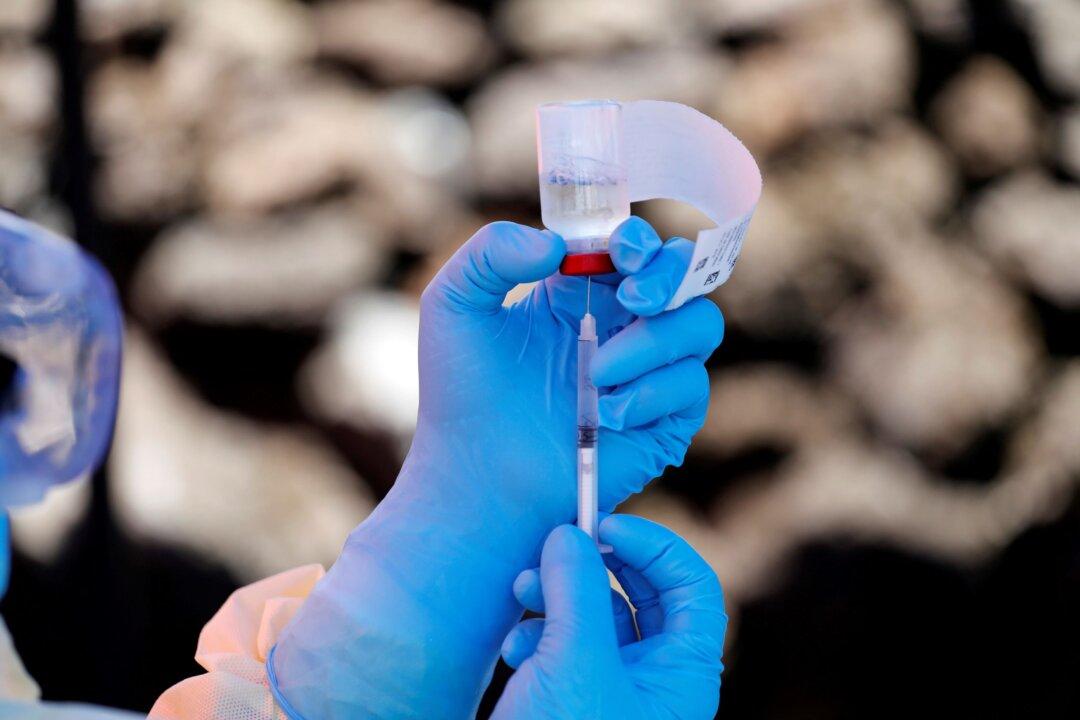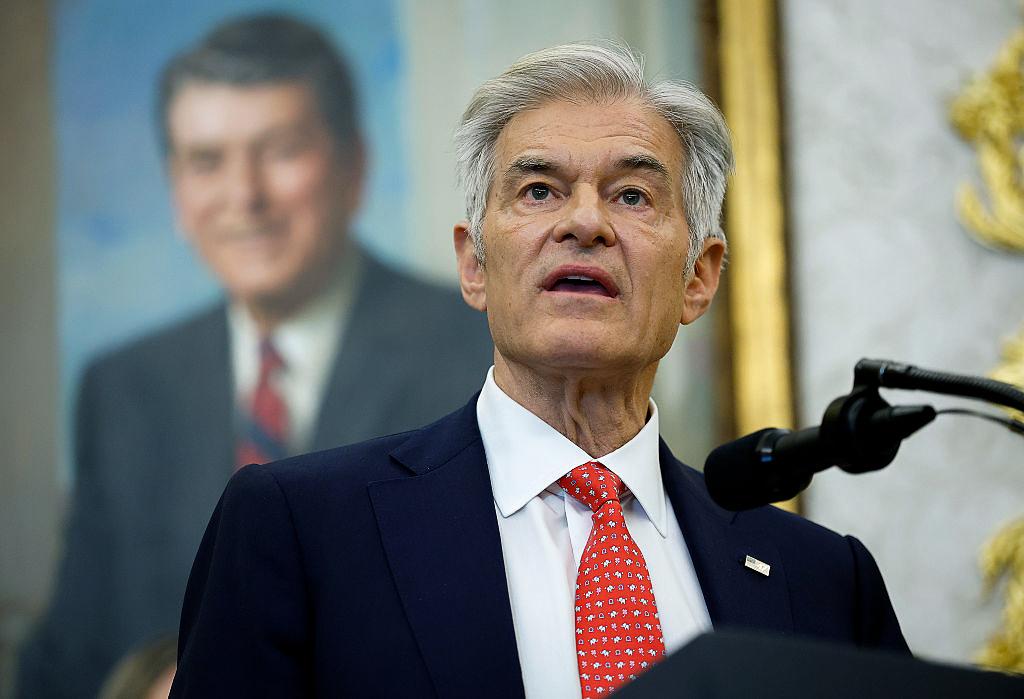Severe obesity may weaken the effectiveness of COVID-19 vaccines among individuals who have never been infected with the virus, according to a small study published this month.
A study conducted by Professor Volkan Demirhan Yumuk from Istanbul University in Turkey found that adults aged 18 or older with severe obesity have a much weaker immune response to the vaccine as compared with individuals with normal weight, according to a news release from the European Association for the Study of Obesity.






